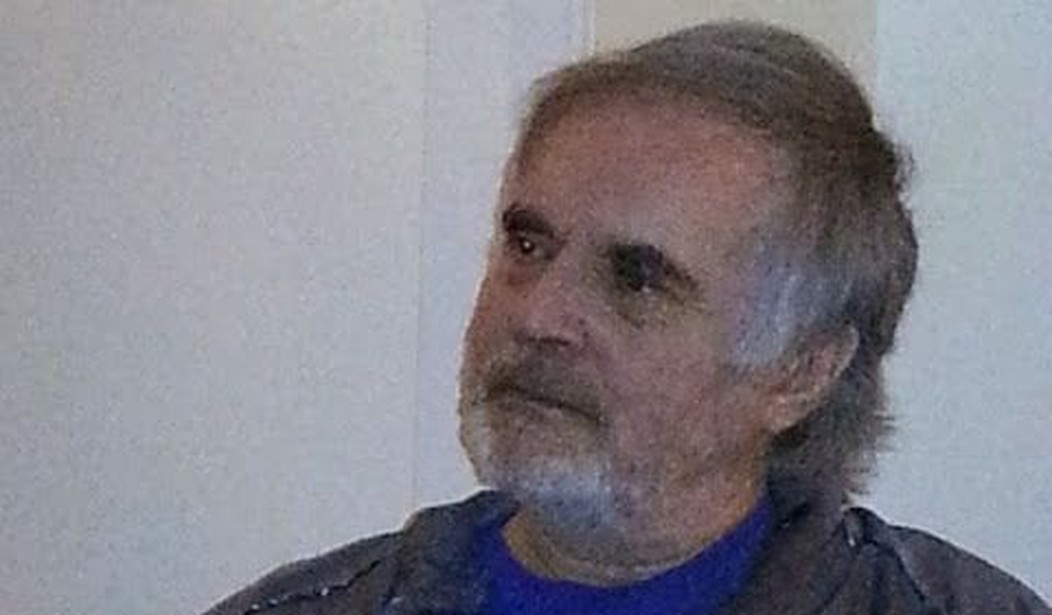
Early in the morning of June 7, my friend Bob Leiken passed away. Numerous and serious health problems took their toll, and he eventually died of pneumonia. Few today recognize his name, but he played a major role in the 1980s in the fight against communism in Central America. He was an early supporter of the Reagan administration’s policy of strong opposition to the Marxist regime that had taken power in Nicaragua.
Bob was a serious student of literature, earning honors with his B.A. from Harvard, an M.A. in history from Harvard, and eventually a Ph.D. in politics from St. Antony’s College at Oxford University. His doctoral thesis on American press coverage of the Sandinista reign in Nicaragua was published as a book, Why Nicaragua Vanished: A Story of Reporters and Revolutionaries. Unfortunately, the biased press which was in favor of the Sandinistas failed to inform Americans about the true nature of the Sandinista revolution. Yet the book is relatively unknown, and does not even appear in the otherwise comprehensive and accurate Wikipedia entry.
What Bob accomplished was of major importance. He was undoubtedly the single most important person outside of the administration to make Americans aware of the Sandinista government’s agenda to institute a Cuban-type repressive communist state in Nicaragua. This was at a time when most liberals and important Democrats saw them as only indigenous radicals with no ties to the Soviet Union and Cuba (untrue) and believed that U.S. policy should support their effort to change their country. When war broke out between anti-Sandinista peasants — called the “contras” (as in counter-revolutionaries, a badge they adopted with pride) — and the Sandinista government, liberals in and out of Washington blamed the failure to reach a cease-fire on American policy, rather than on the actual agenda of Comandante Daniel Ortega and his Sandinista leadership to build another Cuba.
Because Bob had started out as a well-known liberal, he was able to reach some major centrist and liberal papers and magazines with his reports on what was actually happening in Nicaragua. He first reported on events there for The New Republic, which under the editorship of Marty Peretz had moved from its left-liberal roots to become a serious centrist magazine of opinion. His article in that publication, “Nicaragua’s Untold Stories,” received national attention and began to change the minds of even dedicated liberals. The National Journal best noted its impact:
The turning point came in the fall of 1984, when, after an intense 10 day trip to Nicaragua, Leiken returned “appalled and angry” over conditions there. He wrote an article criticizing the Sandinistas in terms that were, for a liberal Democrat, unmistakably powerful and all the more striking because they appeared in the traditionally liberal The New Republic, which itself was undergoing something of a political reorientation to a more centrist line.
The article was viewed by the entrenched left as a betrayal and by Reaganites as a vindication of their long-held views. Most importantly, many Democrats who had relied on Leiken’s analyses began to reconsider their Sandinista sympathies. Senator Edward Kennedy had the article read into the Congressional Record. Suddenly, Leiken became as controversial as Nicaragua itself.
Bob went on to advocate what he called “contra reform,” the effort to weed out those peasants who advocated the use of unethical methods in their fight. He also wrote speeches and op-eds for key leaders of the opposition, including Violeta Chamorro, who became the first president of Nicaragua in a free election in 1989.
Indeed, Leiken became noted for being the the first American writer to give an accurate account of the Sandinistas’ Marxist views. His articles appeared in various venues, including The New York Times and a three-part series in the left/liberal New York Review of Books, indicating both the Marxist-Leninist nature of the regime and his analysis of why, contrary to all other commentary, the Sandinistas were likely to lose the national election scheduled for 1990.
In recent decades, Bob moved back to earlier left-wing positions, such as advocacy of universal national health care. He particularly inflamed former Reagan era associates when in 2005, he co-authored an article in Foreign Affairs titled “The Moderate Muslim Brotherhood.” He was asked to speak about it to State Department personnel, and the tilt of many Democrats to advocacy of working through the Brotherhood in the Middle East can partially be attributed to this article.
Finally, after jihad was waged by Islamists throughout Europe, he authored a well-received book on what made Muslims turn towards radical Islam, Europe’s Angry Muslims:The Revolt of the Second Generation, which was published in paperback in 2015 with a new introduction taking into account the rise of ISIS. Reviewing it for The New Republic, Christopher Caldwell wrote that “it has a wealth of on-the-ground reporting and many virtues, particularly when it moves beyond France.” Commenting on his chapters on Britain, Caldwell wrote:
[Leiken] provides a rich, even novelistic history of English race relations and labor economics, in the context of which the terrorists’ own estimates of the costs and benefits of radicalization become crystal-clear. These pages are extraordinary. Leiken’s account of the “noble, gentle, kind, honorable” drug counselor and child-minder, Mohammed Sidique Khan who became the bombers’ heartless ringleader, is the match of any in-depth account that has so far appeared.
Bob Leiken’s death deprives us of a thinker whose maverick streak caused consternation within the groups he once associated with, on both the left and the right. We may not have always agreed with him, but he added to the contentious American conversation with his passion and intelligence. R.I.P.









Join the conversation as a VIP Member